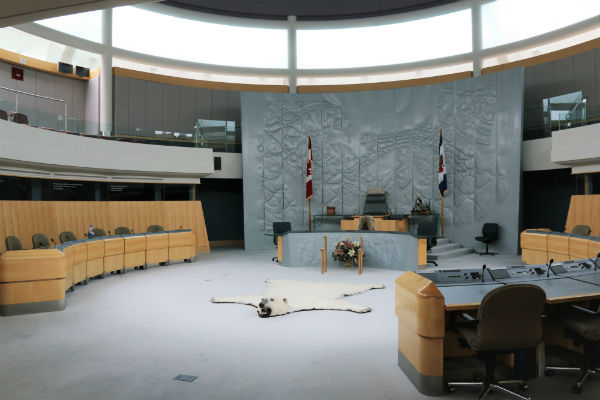Leaving work early for alcohol treatment not typical

A Northwest Territories worker’s request for casual leave to attend sessions of an outpatient alcohol abuse treatment program during the workday was unreasonably denied, an arbitrator has ruled.
The collective agreement between the Government of the Northwest Territories (GNT) and its union included an article allowing workers casual leave with pay of up to two hours in a day — and additional time if travel was required — for certain types of appointments or “other purposes of a special or unusual nature.”
If an employee had “regular or recurring medical treatments and checkups,” up to one day per occurrence could be granted.
The worker was a benefits/travel assistance officer at the GNT Department of Finance. She was hired in 1993 and worked Monday to Friday.
In early 2016, the worker was receiving counselling for substance abuse and other mental health issues. As part of her counselling, she was referred to an outpatient alcohol treatment program that ran for 10 weeks from March to May 2016. The program had two-hour sessions on Mondays, Tuesdays and Thursdays and a one-hour session on Fridays, all starting at 3 p.m.
In mid-February, the worker’s manager approved her to use casual leave to attend the seven hours of sessions each week. A couple of weeks later, the GNT proposed a different arrangement that adjusted her work hours and used another type of leave for part of the time. The GNT said the worker’s request fell outside the intended scope for casual leave — with travel time added, it would amount to at least 80 hours over the 10 weeks.
The worker accepted the proposed arrangement, but just before the program was to start, she dropped out due to personal reasons. Soon after, the union filed a grievance over the denial of casual leave that the collective agreement permitted and said it caused the worker to postpone or cancel treatment referred by her doctor.
UNW argued that it was normal practice to grant employees casual leave to attend appointments “which are occasional in nature and that do not significantly impact the operational requirements of their workplace.”
The arbitrator noted that the collective agreement provision on casual leave stated that the employer “may” grant the leave, rather than “shall.” Employees were eligible for casual leave if they met certain criteria, but the employer had the discretion on whether to grant it — though this discretion wasn’t “unfettered,” as the collective agreement also stipulated that “such casual leave shall not be unreasonably denied,” said the arbitrator.
The reason for the worker’s leave request wasn’t a typical medical appointment as per the normal purpose of the leave, but the collective agreement also allowed for “purpose of a special or unusual nature” or if a doctor requires “regular or recurring medical treatments.” The worker’s treatment program was such a purpose, said the arbitrator.
The arbitrator also found that the GNT didn’t claim the amount of leave would negatively impact operations at the time of the request and there was no evidence that was the case — the worker’s manager initially granted the leave.
In addition, the arbitrator noted that normally, one- or two-hour absences several times per week could be disrupting to the workplace, but the worker’s program had a finite duration of 10 weeks and the schedule was known in advance, so disruption could be minimized for that period of time — a reasonable expectation given the importance of the reason for the leave request, said the arbitrator.
The arbitration determined that the GNT violated the collective agreement by denying the request for casual leave. However, since the worker withdrew from the program anyway after agreeing to the adjusted work hours, there was no evidence the worker suffered any financial or other loss. As a result, there was no damage award.
Reference: Northwest Territories and Union of Northern Workers (16-E-01900). Allen Ponak — arbitrator. Sandra Jungles for employer. Rebecca Thompson for employee. Oct. 7, 2019. 2019 CarswellNWT 49




